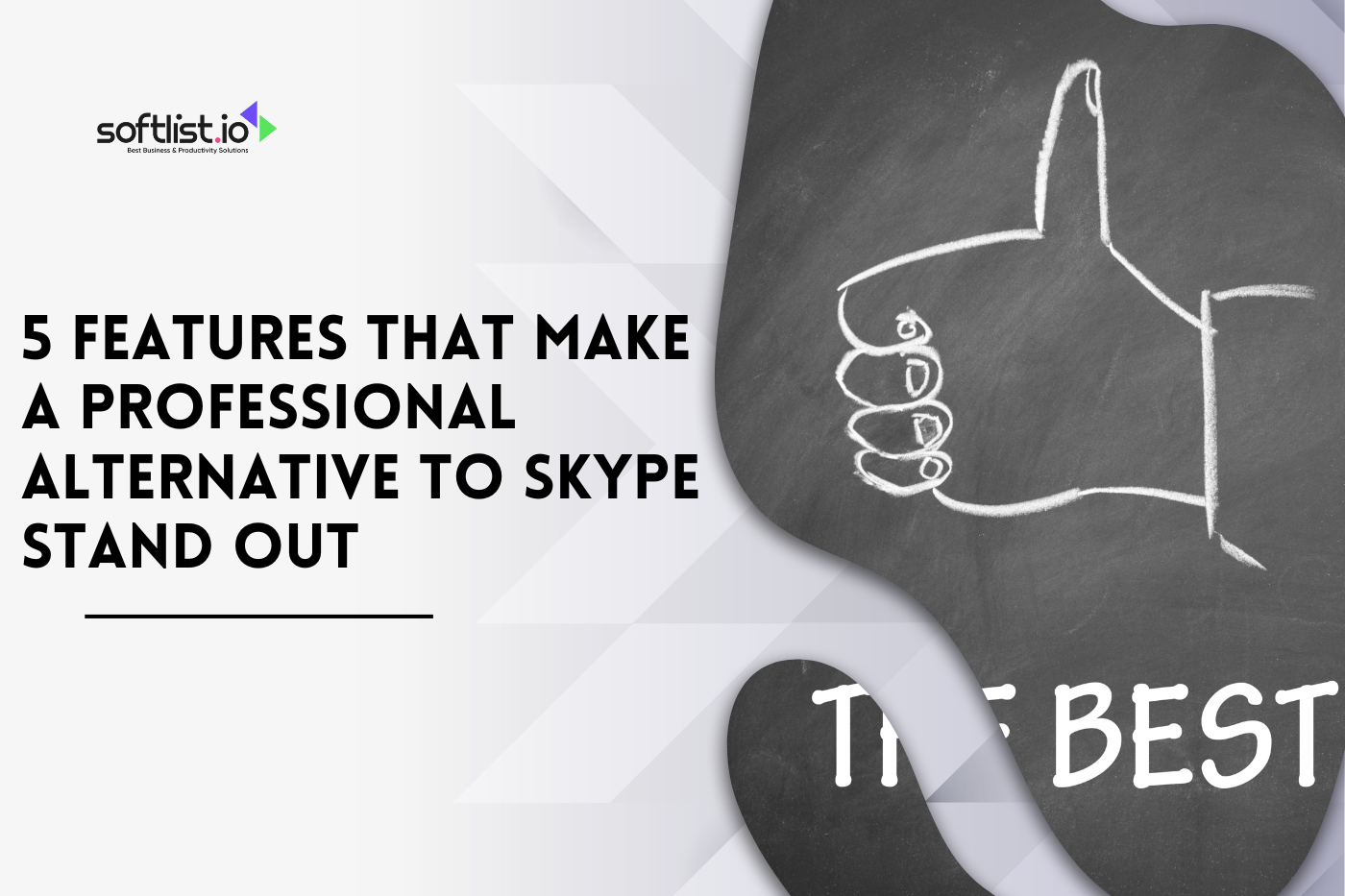The world of technology is constantly evolving, bringing forth innovations that were once considered mere science fiction. One such innovation that has captured the imagination of many is voice cloning technology.
In this blog, we will explore the basic terms and extended concepts related to voice cloning, and delve into the myriad benefits it offers for communication and personalization.
Its implications are far-reaching, promising to reshape how we engage with technology, entertainment, and beyond. So, let’s embark on this exploration to unearth the hidden potential and multifaceted benefits that voice cloning technology brings to the forefront of our digital age.
Understanding Voice Cloning Technology

Source: FreePik by vdcatrin
What is Voice Cloning?
Voice cloning refers to the process of using artificial intelligence (AI) and advanced technology to create a clone or replica of a person’s voice. This technology has made it possible to replicate the unique nuances and characteristics of a person’s speech, allowing for an incredibly realistic reproduction of their voice.
The Role of AI Technology
AI, or artificial intelligence, is the cornerstone of voice cloning technology. This cutting-edge field relies on sophisticated machine learning algorithms and deep learning models to thoroughly examine and comprehend voice recordings. By doing so, AI can create a highly precise duplicate of the original voice, opening up a wide range of applications in voice synthesis, voice assistants, and even creative endeavors like dubbing and voice acting.
How Does Voice Cloning Benefit Us?
This technology has a wide range of applications and offers numerous benefits that have the potential to revolutionize the way we communicate and interact with technology.
Let’s explore these advantages in detail.
The Benefits of Voice Cloning

Source: FreePik by jemastock
1. Personalization at Scale
Voice cloning, a cutting-edge technology, revolutionizes personalization in various industries. By leveraging voice cloning, businesses can create customized interactions with users, enhancing the engagement and personal touch of AI-driven services and voice assistants.
This technology enables companies to generate cloned voices that address individual users directly, making interactions more personal and immersive.
2. Improved Brand Communication
Companies can use this to personalize their marketing efforts. By employing a cloned voice that aligns with the preferences and demographics of their target audience, brands can craft content that not only resonates but also leaves a lasting impression. This tailored approach enhances relatability and memorability, making the marketing materials stand out in the minds of consumers.
3. Dubbing and Localization
This technology has the potential to bring richer and more easily accessible content to a global audience. Dubbing films and videos in multiple languages becomes more cost-effective, ensuring that language barriers don’t hinder understanding.
4. Virtual Assistants and Voice Actors
The utilization of this technology has the potential to enhance the functionality and user experience of virtual assistants by imbuing them with a sense of vitality and relatability. Moreover, it presents voice actors with novel prospects to demonstrate their skills through the provision of vocal performances for diverse applications and businesses.
5. Loved Ones Never Far Away
It provides a unique way for people to feel connected to their loved ones even when they are physically apart. Hearing a familiar voice can bring comfort and emotional support, bridging the gap of distance.
6. Online Content Creation
Content creators can use voice cloning to generate audio and video content with ease. This not only saves time but also opens up new creative possibilities, enabling creators to experiment with different voices and styles.
It empowers creators to overcome previous limitations and explore uncharted territories in the ever-evolving landscape of content production. As this technology continues to evolve and improve, it promises to redefine the way content is conceived, crafted, and consumed, ultimately enhancing the richness and diversity of the media we enjoy.
7. Accessibility
Voice cloning can significantly improve accessibility for individuals with speech disabilities. It allows them to communicate more effectively and express themselves using a voice that feels personal and natural.
The ability to express oneself with a familiar, genuine voice can boost self-confidence and self-expression, leading to improved mental health and overall quality of life. It mitigates the frustration and isolation often associated with speech disabilities, fostering a sense of inclusion and belonging within society.
8. Training and Learning
In educational settings, it can assist in creating personalized learning materials. It can mimic the voice of a favorite teacher or instructor, making the learning experience more engaging and enjoyable.
This means that the voice of a cherished teacher can be faithfully replicated, ensuring that learners feel as though they are receiving instruction directly from their favorite educator, even if they are accessing the material remotely or on demand.
9. Future of Interaction
As voice cloning technology continues to advance, we can expect even more exciting developments in the future. The ability to interact with AI and digital content using a personalized voice will become increasingly integrated into our daily lives.
As this technology continues to advance, it will undoubtedly play a pivotal role in shaping the way we communicate, learn, and interact with the digital world.
How Voice Cloning Works

Source: FreePik
To create a voice clone, the process typically involves collecting voice samples from the target individual. These samples are then analyzed and used to train the AI model. Once the AI has learned the nuances of the voice, it can generate new speech that sounds like the original speaker. This process is also known as text-to-speech (TTS) synthesis.
Voice cloning software and tools are available online, making it more accessible for various applications. Companies and individuals alike can take advantage of these tools to create their own cloned voices for specific purposes.
Overcoming Ethical and Privacy Concerns

Source: FreePik
While voice cloning technology offers numerous benefits, it also raises ethical and privacy concerns. The ability to replicate someone’s voice could potentially be misused, leading to impersonation and deception. It’s essential to have safeguards and regulations in place to prevent misuse and protect individuals’ privacy.
The Bottom Line
Voice cloning technology is a powerful tool with the potential to transform communication, content creation, and personalization. By harnessing the capabilities of AI-driven voice cloning, we can bring our virtual interactions closer to reality, make content more engaging, and improve accessibility for all. Embrace the benefits of voice cloning, but also ensure responsible and ethical use to maximize its advantages while respecting individual privacy and consent.
In our commitment to providing you with a wealth of valuable information, we invite you to peruse our diverse collection of blogs, each thoughtfully crafted to enlighten and educate. Whether you’re seeking insights into the latest trends, expert advice on various subjects, or simply looking to broaden your horizons, visit our blog to learn more about voice cloning tools.
Explore our offerings for AI cloning voice and discover various cost and price plans that suit your needs.
FAQS
What is voice cloning technology?
Voice cloning technology is a form of artificial intelligence that uses advanced algorithms to replicate and recreate a person’s voice. It can generate unique voices that sound like a specific individual.
How does voice cloning technology relate to AI?
Voice cloning technology is a prime example of how AI can be used to replicate and imitate human speech. AI algorithms analyze and interpret the unique characteristics of a person’s voice to recreate it.
What are the uses of voice cloning technology?
Voice cloning technology has a wide range of uses. It can be used in voice generators, where users can input text and have it spoken in a specific voice. It is also used in the entertainment industry, where voice actors can replicate celebrity voices for movies, advertisements, and cartoons.
Can voice cloning technology bring someone back to life?
No, voice cloning technology cannot bring someone back to life. It can only replicate and imitate a person’s voice. It cannot recreate their personality, thoughts, or memories.
How can voice cloning technology be used to bring loved ones back to life?
While voice cloning technology cannot bring loved ones back to life in the traditional sense, it can use recorded voice data to generate a voice that sounds like the person who has passed away. This can be used as a way to remember and cherish their voice memories.
What are the advantages of using voice cloning technology in the entertainment industry?
Voice cloning technology can provide a richer and more diverse range of voices for characters in movies, advertisements, and cartoons. It allows for the easy replication of celebrity voices, saving time and money on hiring voice actors.
Is it legal to use voice cloning technology to replicate celebrity voices?
The legal issues surrounding the use of voice cloning technology to replicate celebrity voices can vary depending on the jurisdiction and the intended use of the replicated voice. It’s important to consult with legal professionals to ensure compliance with any applicable laws and regulations.
Can voice cloning technology be used to create virtual avatars with unique voices?
Yes, voice cloning technology can be used to create virtual avatars with unique voices. This can enhance the interactive experience of virtual characters in video games, virtual reality applications, and other forms of digital media.
How difficult is it to recognize a voice generated by voice cloning technology?
Voice cloning technology has advanced to a point where it can produce highly realistic and convincing voice replicas. However, trained voice experts may still be able to identify subtle differences between a voice generated by AI and a natural voice.






